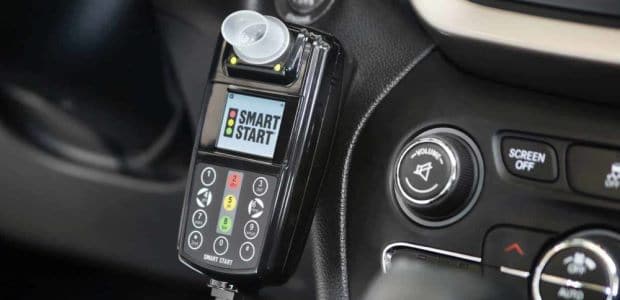Obtaining Affirmative Defenses for DUI Charges in Arizona
DUI (Driving under the Influence) is a serious offense in Arizona. DUI offenses can lead to disastrous and life-threatening situations. Offenders can get into road accidents, which may cause property damages and bodily injuries, or worse death.
Not all DUI cases are severe, and not all drivers experience mental and physical impairment while driving. There are special DUI cases where certain affirmative defenses may apply. The goal of an affirmative defense is to plead for a certain degree of leniency. The aim is to get the offender (defendant) sentenced to the minimum possible penalty.
Though going for an affirmative defense might give some people hope, the result will always depend on how the defense is executed. Also, not all DUI cases can win with an affirmative defense.
Cases Where Affirmative Defenses May Apply
Not all DUI or DWI (Driving While Intoxicated) cases may work with an affirmative defense. Cases that can use an affirmative defense meet the following criteria:
DUI – Alcohol
ADAMS Issue and other cases that challenge the accuracy of breath testing devices used to measure BAC (Blood Alcohol Concentration)
This is a case where the breath testing device used is proven to be “not working” accurately at the time the offender was tested and arrested. The ground for this circumstance is that the breath testing device, commonly the Intoxilyzer 5000, should be testing within the acceptable range of accuracy at the time the offender was tested.
Also, some hand-held breath testing devices are considered unreliable sources of evidence. These portable devices are only used for preliminary breath testing at the scene so law enforcers will know when to take someone in for a breath test using something more reliable.
Other factors that may be used to challenge the accuracy of breath testing devices are the inherent margins of error; radio frequency errors, mouth alcohol errors, operator errors, and the Average Person Problem argument.
When the breath testing devices used during the arrest are proven to be inaccurate, an affirmative defense may be rightfully applied.
Improper administration of field sobriety tests
This is a case in which the field sobriety tests performed don’t apply to the offender. The ground for this circumstance is that law enforcers sometimes don’t follow the proper guidelines for giving these tests.
A field sobriety test should not be given to someone who is:
- Overweight (weighs 50 pounds more than the average)
- 60 years or older
- With any back, hip or leg injuries
- With balance-impairing disabilities
- Wearing high-heeled footwear (more than two inches high)
Other factors that may be used to challenge the administration of the tests are unfavorable conditions, poor instructions, the nervousness of the accused, and non-objectivity of the officers who gave the tests. These tests are more common to be found at an Arizona DUI checkpoint.
Lack of evidence to prove the offender was physically impaired during the arrest
This is a case where the state cannot provide more evidence other than the offender’s BAC. Aside from BAC, there should also be solid proof that the offender was physically impaired when they were caught and arrested. That is, they should be proven to have had a lack of driving and physical control during that time.
DUI – Marijuana
AMMA MJ Cardholder
The Arizona Medical Marijuana Act (AMMA) provides immunity to MJ Cardholders for the medical use of marijuana. However, the act does not excuse MJ Cardholders from being charged with DUI when caught driving under the effects of marijuana.
The AMMA does, instead, provide the accused offenders the benefit of seeking an affirmative defense for their case. The affirmative defense can then plead for leniency and aim for reducing the sentence to the minimum possible penalty.
Different types of marijuana metabolites
Another case where a marijuana user can hope for an affirmative defense is when the marijuana metabolites in question are not psychoactive. Only psychoactive metabolites can lead to DUI convictions, as ruled out by the Arizona Supreme Court.
Special applications for an affirmative defense aren’t limited to those mentioned above. Other various factors may be explored once an investigation turns up lacking strong evidence.
Get an Affirmative Defense
An affirmative defense is something that can only be strategized when the circumstances are thoroughly examined and explored. You’ll need a good lawyer to help you.
Law Offices of Gary L Rholwing might be able to help you. Call at (623) 937-1692 or visit the website.








